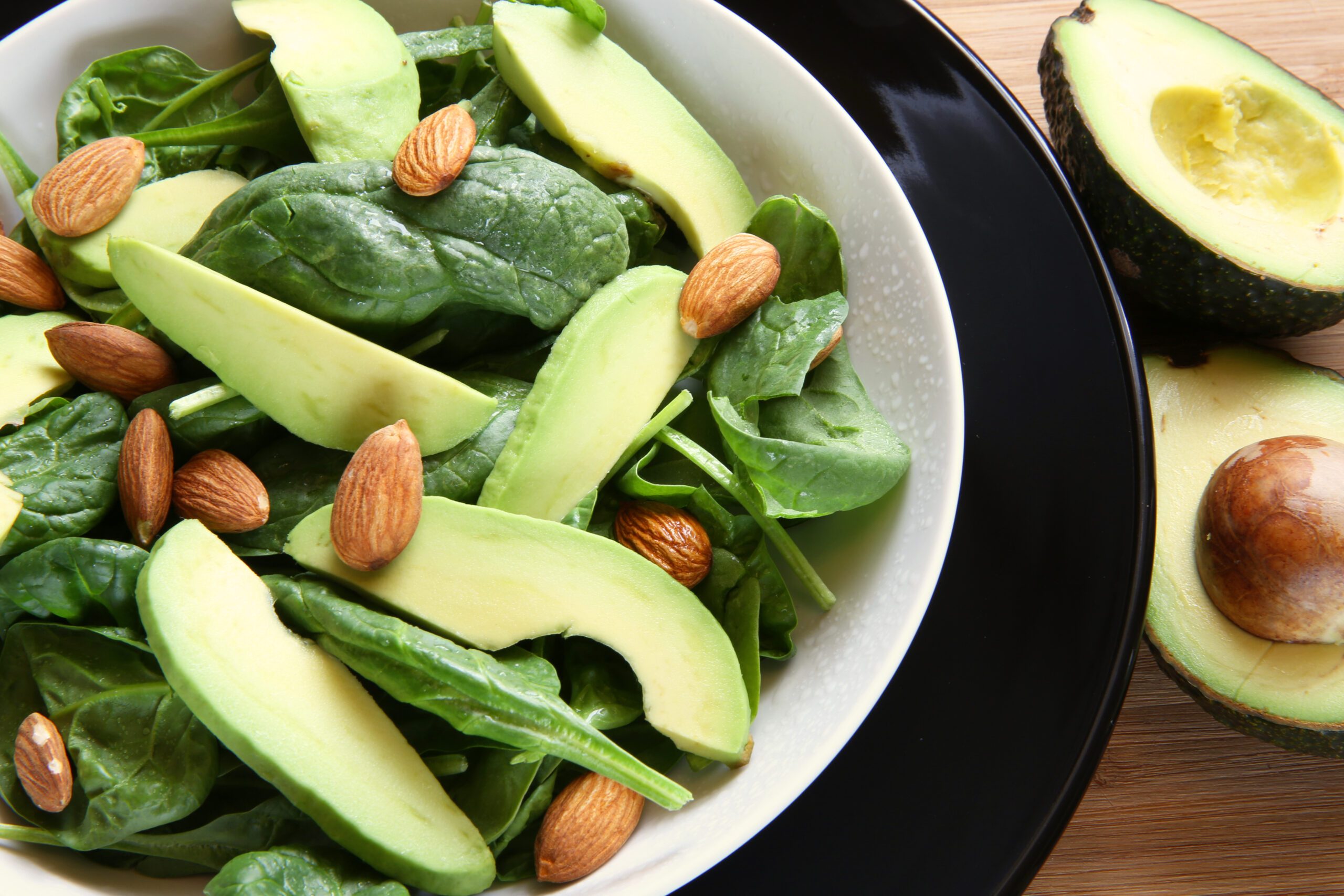It's more inspiration to eat foods that nourish you—plus another reminder of one food that doesn't contribute to important areas of health.

Want Better Sleep? Eat More of This, Says New Study

Like most of us, you’re probably making a good faith effort to sleep at least seven hours at night. If you’re still craving good rest, researchers recently found that better sleep could start with your grocery list.
Published June 2025 in the medical journal Sleep Health, a recent study explored a possible connection between diet and sleep quality. Ten doctoral and scientific researchers from Columbia University Irving Medical Center and the University of Chicago recruited participants who were of “stable weight,” who regularly slept seven to nine hours a night, and who typically ate three meals daily.
Thirty-four participants provided information about their diets and sleeping habits, keeping journals to track both. The researchers also gathered data about the participants’ sleep-wake cycles via wrist devices they wore to bed.
The study’s results suggested that a high intake of fruits and vegetables each day, as well as carbohydrates “that align with a healthy diet”—specifically not including added sugar—were linked to better sleep at night. More specifically, eating five cups of fruits and vegetables was associated with 16% better sleep quality. “These findings suggest that carbohydrates and fiber from fruits and vegetables are most likely contributing to better sleep quality with less sleep fragmentation,” the researchers concluded.
This aligns with the American Heart Association’s recommendation that adults should eat two cups of fruit and two and a half cups of vegetables a day.
Findings also indicated that high fiber and magnesium in particular could improve sleep. That’s one reason magnesium has been trending in recent years, and this nutrient combination together can be found in produce like spinach, broccoli, and avocados.
One food that didn’t appear to improve sleep quality, however, was meat. Red and processed meat were linked to more disrupted sleep. According to Johns Hopkins Medicine, this could have been observed because it takes a long time for the body to break down high-protein foods and the body’s digestive system slows by 50% during sleep.
Though more research is needed, this study is step toward better understanding how diet, meal times, and sleep are connected.
“Dietary modifications could be a new, natural and cost-effective approach to achieve better sleep,” co-senior author of the study Esra Tasali, MD, director of the UChicago Sleep Center, told UChicago Medicine.
Fellow co-senior author of the study, Marie-Pierre St-Onge, PhD, director of the Center of Excellence for Sleep & Circadian Research at Columbia, concluded, “Small changes can impact sleep. That is empowering—better rest is within your control.”
If you’re still curious about the carbohydrate aspect, take it as a reminder to opt for complex carbs like baked potatoes, sweet potatoes, whole grains, oatmeal, brown rice, quinoa, and others.
For daily wellness updates, subscribe to The Healthy by Reader’s Digest newsletter and follow The Healthy on Facebook and Instagram. Keep reading:
- Eating This Contributed To Poor Sleep and Scary Dreams, Found New Study
- Study: If You Have This Sleep Problem, You May Be More Prone to Memory Loss
- Want To Sleep Better? Wear This To Bed, Says a Cleveland Clinic Expert
- Study: People Who Do This During the Day Are More Likely To Remember Their Dreams




















